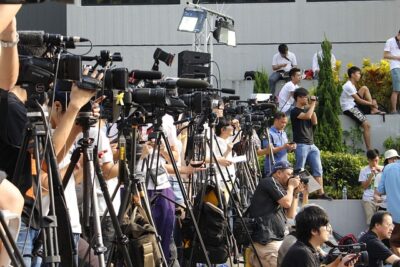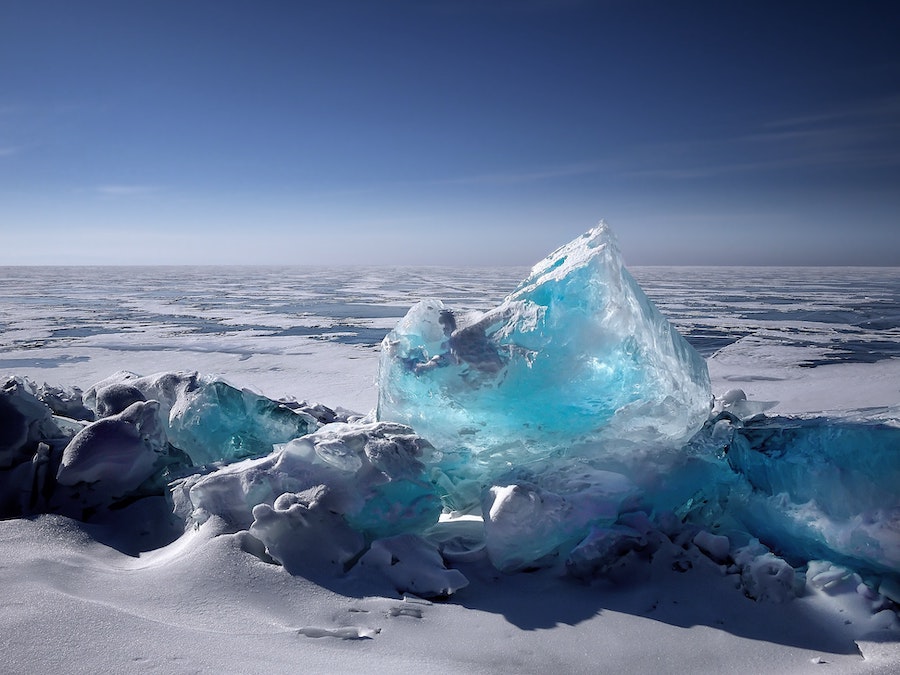 The internet was not a good idea for those who want to be able to control the news and public discourse. When we had a few newspapers, radio and TV channels, it was easier to monitor what was reported. That’s why, from a freedom of expression perspective, we’re talking about the time before and after the internet.
The internet was not a good idea for those who want to be able to control the news and public discourse. When we had a few newspapers, radio and TV channels, it was easier to monitor what was reported. That’s why, from a freedom of expression perspective, we’re talking about the time before and after the internet.
It is well known that Swedish prime minister Olof Palme could call the editor of the major newspaper and scold him. Today, this seems rather innocent, as the newspaper often protected its writers and stood by its content, at least outwardly. Of course, we don’t know what happened behind the curtains, except that the content of most media at the time was well selected and scrutinised.
Maybe that’s why nobody seriously questioned the Watergate scandal, couldn’t it have been a way to get rid of Nixon who was very popular? Today there are several different opinions about what really happened.
Some people wonder about Lyndon B Johnson, Kennedy’s vice-president who took over after the assassination. Some say there was widespread voter fraud during Johnson’s early career in Texas. A very bumpy road to the presidency.
Likewise the assassination of his predecessor Kennedy, where there are many unravelled threads, and many indications that the murderer was someone other than the one who was singled out. And that’s where the term ‘conspiracy theory’ was born, mostly as a way to silence critics.
The 2000 election between George W Bush and Al Gore was very close, decided by a few votes in Florida, today they are being questioned and possibly again a case of electoral fraud, one that coloured politics for years to come.
So what does all this have to do with the current situation? Well, I would like to point to the fact that the media often lives its own life, and rarely questions the big and important things in society. Sweden has its own journalistic sins with the Palme murder, the Estonia disaster and the Coroner and general practitioner; anyone who does a little digging will realise that it starts to stink relatively quickly.
We cannot accept that the Palme murder was organised, because then it could be considered a coup d’état, and that does not happen in a well organised country like Sweden. And we cannot accept that the cruise ship Estonia was sunk by anything other than a faulty bow visor, because that would involve too many complications, both military and political. And that the so-called coroner and general practitioner had nothing whatsoever to do with the murder of Catrine da Costa should be obvious to anyone who looks into the case, but it was politically and ideologically justified to have two male upper-class perpetrators, when in fact it was a Polish butcher who was probably the perpetrator. And nobody wants to recognise the total miscarriage of justice that followed.
There are some foggy places out there, and we do not need to call them conspiracy theories, they exist and thrive until we sort them out sensibly. It is not healthy for a society to have too many corpses in the closet.
It’s partly to do with journalistic skill, and partly with editorial integrity, and also in terms of sources, because we depend on Reuters and AP etc for foreign news, as it’s too expensive to send our own reporters. And the limited number and homogenisation of international sources is unfortunately also a problem for the traditional media.
But, now that we have Twitter/X owned by a billionaire, who is passionate about free speech, this will of course cause problems for all those who want to put the lid on when they think it’s boiling too much. And in light of all the things I’ve listed above, we realise that X poses a major threat to the mainstream news flow. If X is allowed to stand, the media flow of the future will be very different from that of yesterday.
EU politicians have sent threatening letters to Mr Musk asking him to adapt his social media platform to specific censorship requirements. The US has very strong laws on freedom of expression and has failed to stifle Musk. Now it will be Brussels that will have to do Washington’s bidding, and everyone knows that if the EU blocks X, it will be a very hard blow to the platform, and it will be weakened globally, including in the US, and perhaps lose its unique position. And then we will once again become more dependent on the traditional media houses for news and information.







